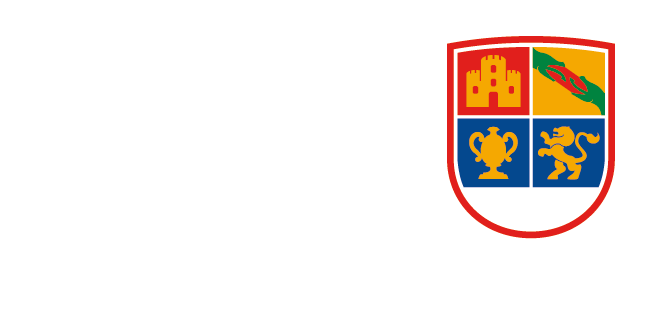Scholarship programs to spread
the ideas of liberty throughout
Guatemala
In its publication on academic excellence, UFM defines it as: “by academic excellence, we understand it to be the quality of ideas, principles, and actions of those, such as teachers or students, who usually go above and beyond a mere, routine, and material fulfillment of their duty, being for everyone an example of a coherent life. Excellence understood in this way is only possible in a framework of liberty, competition, and respect.” Following the same principle, the university's Philosophy Statement states that UFM "seeks to cultivate human beings so that they are in a position to fully develop their positive abilities, thus preparing them so that each one can seek their own satisfactory way of life."
Independently of their chosen career, all UFM students learn the principles of liberty and understand and accept that this implies personal responsibility. Friends of UFM and UFM believe that the free society is the way to achieve a more prosperous world; therefore, we believe that it is essential for more influential individuals to learn about these principles.
Since it was founded, UFM attracts the brightest talent to spread the ideas of liberty to all corners of Guatemala. However, we are aware that some outstanding students do not have sufficient funds to be able to afford university. For that very reason, UFM awards scholarships, on the basis of academic merit, to persons with limited means.
It is important to mention that UFM receives no state funding.
Programs that spread the ideas
of liberty throughout Guatemala
ITA scholarship program (Promoting Academic Talent)
For the neediest families, especially those living in marginal areas, the opportunity to send their children to school is virtually none existent. For those who do manage to complete studies to this level, the opportunity to attend university is out of reach. Thus, in 1996, the university’s scholarship program was founded, with the purpose of granting scholarships to talented and motivated young people, lacking the resources to obtain a degree from UFM.
Since 1996, those in charge of the program have identified the most talented, most motivated, students from low socioeconomic backgrounds, giving them the opportunity to get all the help they need to earn a university degree.
Funds for the program come from private donations. The full scholarship covers tuition and fees, lodging, medical insurance, and a stipend for transportation, books, and personal expenses. The demand for the scholarship is high, but due to lack of funding, they are limited in number.
Upon graduation, ITA students become agents of change in their families, communities, and all of Guatemala.
Manuel F. Ayau Society
The decision to found UFM was prompted by the increased influence of socialism in academic circles. Thus, in 1971, when Manuel F. Ayau (Muso) and his friends founded UFM, they achieved something that few people had done, or even attempted before: they developed a new model for promoting classical liberal ideas in the world. With his great creativity and entrepreneurial spirit, Muso designed an institution that has evolved and transcended internationally.
Muso’s contribution to liberty is unmatched, taking into account the founding of the Center for Economic-Social Studies (CEES), in 1959, his numerous writings, which reflect his ability to communicate classical liberal thought, and the founding of UFM. Surely no one in Latin America has had such a profound impact.
The Manuel F. Ayau Society was established to honor his legacy. Funds raised in his memory are used to support two initiatives he was passionate about: the ITA scholarship program, which spreads the ideas of liberty among the country’s underprivileged, and the visiting professor program in economics.
Doctor Rafael Minondo Scholarship for Excellence
Rafael Minondo Herrera was a Guatemalan surgeon and physician, and also a philanthropist. He dedicated his professional life to volunteer work, research, and teaching. He was recognized for his contributions to endocrine surgery, especially thyroid. He first introduced primary closure of the common bile duct (1959), lymphangiography (1961), cardiac pacemaker implantation (first in Central America) (1965), and catecholamine dosing in the vena cava for the diagnosis of pheochromocytoma (1968).
A scholarship fund was established in his name to assist Guatemalan UFM medical students, with a grade point average of more than 80 points, who have already completed the first two years, and face financial difficulties in finishing their degree.
The fund was created in 2000 and covers 50 percent of tuition costs. More than forty outstanding students have benefited from this help in order to complete their studies. Most of them managed to study their specialization abroad.
